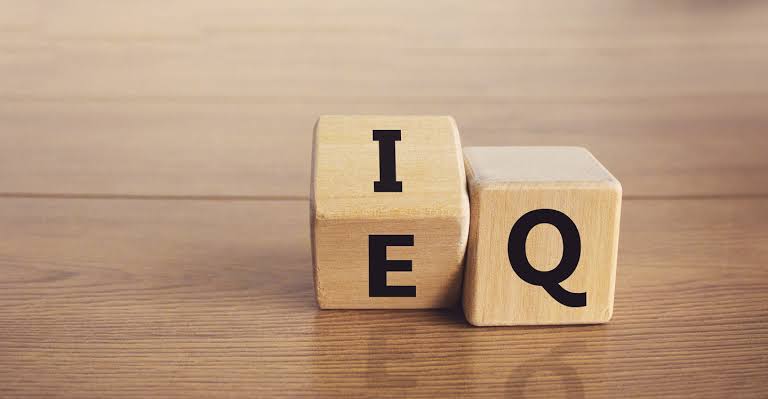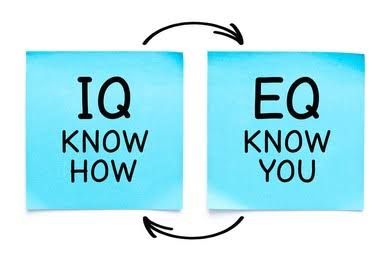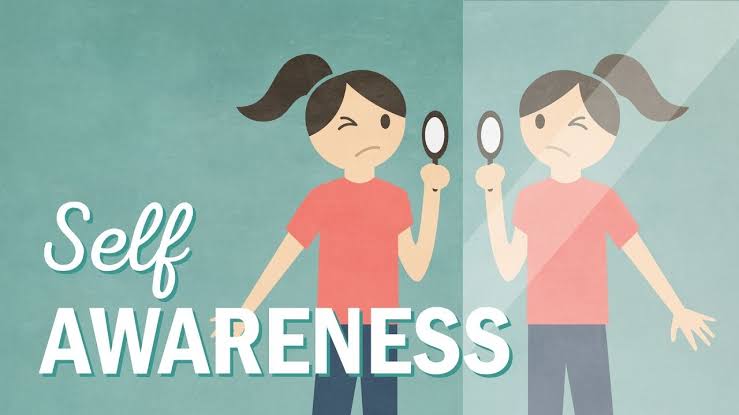Understanding and Developing Emotional Intelligence
As humans, two crucial components contribute to a person’s overall capabilities: the Intelligence Quotient (IQ) and Emotional Intelligence (EQ). While IQ measures an individual’s cognitive intelligence and problem-solving abilities, EQ is the ability to recognise, understand, and manage emotions effectively. The ability to carefully and effectively manage one’s emotions counts as a personal skill, and having a high EQ increases the chances of making rational or logical decisions no matter the state of emotions being felt. In this week’s editorial, we have prepared a comprehensive guide on understanding the concept of EQ and why it is a crucial aspect of personal and professional success.

Understanding Emotional Intelligence
Emotional intelligence covers a set of skills that enable individuals to recognise, understand, and manage their own emotions, and not just their own emotions but the emotions of others as well. It’s one thing to understand ourselves, and it’s another thing to be empathic toward other people’s feelings. Emotional intelligence involves self-awareness, self-regulation, empathy, social skills, and interpersonal relationships. One can’t hope to understand emotional intelligence without open-mindedness or compassion towards what others feel. You could say self-awareness and empathy are the basics of grasping the concept of EQ.

Components of EQ
Several combined elements, such as self-awareness, self-regulation, empathy, and social skills, jointly enable an individual to recognise, understand, and steer emotions in themselves and others. Knowledge of these components helps you understand your own emotions, control your impulses, perceive the needs of others, and build positive relationships with others.

Importance of Emotional Intelligence
Emotional intelligence plays a vital role in different aspects of our lives, and this important role helps shape us as individuals. It makes up our personalities and how people view us. Areas of our lives such as personal relationships, professional success, leadership qualities, and general well-being are all dependent on our EQ. Persons with a high EQ are better at managing social interactions, handling stress, and making sound decisions.

Developing Emotional Intelligence
While some individuals naturally have a high level of emotional intelligence, others must develop it themselves. To do so, one must reflect on one’s emotions, regulate them, build empathy, and enhance one’s social skills.

Applying Emotional Intelligence
As mentioned earlier, emotional intelligence (EQ) is a personal skill that can be leveraged in different aspects of one’s life. We are talking about applying EQ to be an effective leader and excel in one’s professional career. Individuals with high EQ are more likely to build meaningful and stronger relationships with people they care about. EQ can be applied in every aspect of one’s life to excel.

In conclusion, one needs to understand that the way someone else develops their EQ isn’t going to be the same way you develop yours. We are different people on different journeys; you just need to find what works best for you.






